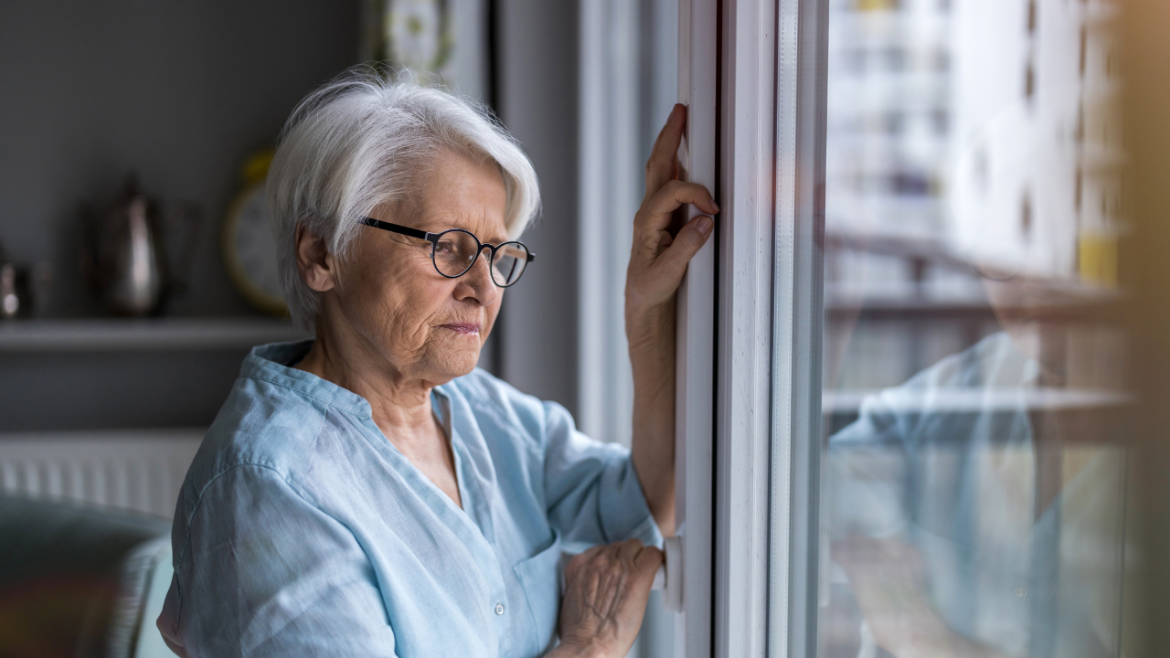Did you know that Leading Edge Senior Care has a Dementia Support Group? We meet monthly in Mesa. For more details <click here>
Top Ways To Relieve Anxiety In Seniors
Anxiety can affect people of all ages, including seniors. As loved ones, it’s essential to recognize the signs and explore effective ways to help seniors manage anxiety and regain peace of mind. Here are ten comprehensive strategies tailored to seniors, aimed at providing relief and enhancing their overall well-being.
1. Encourage Social Connections:
Seniors often find solace in social interactions. Encourage them to spend quality time with friends, family, or in community groups. Meaningful connections serve as a support system, reducing feelings of isolation and anxiety.
2. Practice Relaxation Techniques:
Teach seniors relaxation methods like deep breathing exercises, meditation, or yoga. These techniques help calm the mind and body, alleviating stress and anxiety. Regular practice enhances their ability to handle anxious situations.
3. Engage in Regular Exercise:
Physical activity is a natural stress reliever. Tailored exercises, such as gentle yoga, walking, or swimming, release endorphins, the body’s natural stress relievers. Exercise not only improves mood but also promotes better sleep, vital for anxiety management.
4. Promote Creative Outlets:
Encourage creative activities like painting, music, or crafting. Creative expression acts as a therapeutic outlet, allowing seniors to channel their emotions positively. Engaging in these activities reduces anxiety and boosts self-esteem.
5. Maintain a Balanced Diet:
Nutrition plays a significant role in mental health. Ensure seniors have a well-balanced diet of fruits, vegetables, whole grains, lean proteins, and omega-3 fatty acids. Avoid excessive caffeine and sugar, which can exacerbate anxiety.
6. Encourage Mindfulness:
Introduce mindfulness practices to seniors. Mindfulness exercises, like meditation and mindful breathing, promote being present in the moment. Mindfulness reduces rumination, and the tendency to dwell on negative thoughts, aiding in anxiety management.
7. Provide a Comfortable Environment:
Seniors’ living spaces should be calming and clutter-free. Create a serene environment with soft lighting, soothing colors, and comfortable furniture. A peaceful atmosphere contributes to relaxation and reduces stress triggers.
8. Offer Emotional Support:
Be attentive and empathetic. Seniors often appreciate having someone they can confide in. Listening actively and offering emotional support can significantly reduce anxiety. Please encourage them to express their feelings and concerns.
9. Explore Therapy Options:
Therapy, such as cognitive-behavioral therapy (CBT), is effective in managing anxiety. Professional therapists can teach seniors coping mechanisms and provide a safe space to discuss their anxieties. Therapy tailored to their needs can bring significant relief.
10. Consider Pet Therapy:
Interacting with animals, especially gentle pets like dogs or cats, can provide immense emotional support. Pet therapy has been shown to lower blood pressure, reduce stress, and improve overall mood. The companionship of a pet often brings comfort and joy, helping seniors cope with anxiety.
In Conclusion:
Addressing anxiety in seniors requires patience, understanding, and a holistic approach. By incorporating these strategies into their lives, we can create an environment where they feel supported and cared for. Remember, every senior is unique; tailor these approaches to their preferences and needs. With the right support and a compassionate approach, seniors can learn to manage their anxiety and enjoy a more peaceful and fulfilling life.

